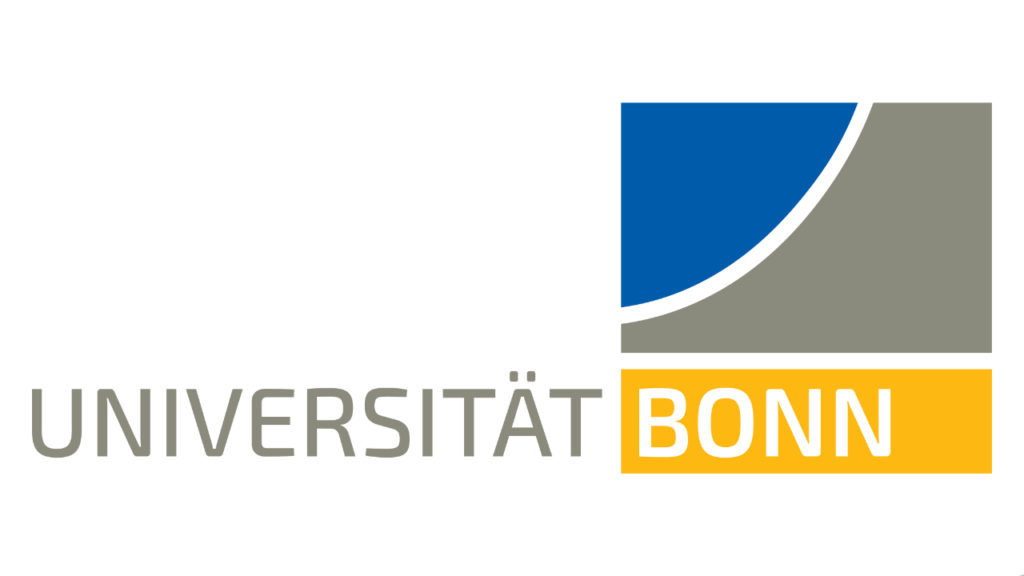Transfer in Education
The social changes conditioned by pressing global ecological and social challenges such as climate change and inequalities within and between societies mean that new requirements and expectations are placed on methods and working practices in both research and teaching. Researchers are increasingly working together with partners from research institutes, industry, government, private sector and civil society to analyze problems and develop new solutions.
This collaborative approach is also manifested in university teaching practices. Practical classes stimulate students’ problem-solving skills, whilst providing external partners with the opportunity to profit from the innovation and knowledge thereby generated. This approach includes Service Learning offers, the opportunity to combine theoretical learning with social engagement and the UNESCO chairs set up to promote practice-based teaching.
The Hochschule Bonn-Rhein Sieg, University of Applied Sciences (H-BRS) has developed transfer-oriented teaching and research as a hallmark of its activities. H-BRS takes a range of approaches to the realization of transfer in its teaching activities, including cooperation with several non-academic partners, thereby maximizing the benefits for all involved. External partners profit from their involvement with H-BRS through access to resources for the solution of various problems and the generation of innovations. In turn, teaching benefits from interaction with major stakeholders of civil society provide a context in which students can apply their theoretical knowledge and hone their problem-solving skills.
UNESCO Chairs are characterized by excellence in research and teaching conducted in UNESCO’s fields of work. They emphasize international scientific work particularly in North-South and North-South-South cooperation and aim to promote intercultural dialogue. UNESCO Chairs contribute to a more balanced development, dissemination and application of knowledge worldwide to promote sustainable development. The program of the UNESCO chairs established in Germany are geared towards conducting research designed to further the UNESCO goals and the 2030 Agenda for sustainable development with the SDGs at its core.
The University of Bonn currently hosts a single UNESCO Chair the UNESCO Chair in Human-Water-Systems held by Prof. Dr. Mariele Evers. This was set up as the result of collaboration between the University of Bonn and UNESCO and is one of 14 UNESCO Chairs in Germany, all of which contribute to the implementation of the Global Sustainability Agenda.
Service Learning is a form of teaching and learning that combines academic learning with social engagement. Seeking to match its teaching provision to the practical requirements of real-world social needs, Service Learning provides its students with the opportunity to apply their theoretical knowledge in a range of practical situations and learn more about a range of non-profit contexts from partners active in this sector. The Service Learning Coordination Office at the University of Bonn seeks to promote social participation amongst its students and teaching staff, supports cooperation with the non-profit sector and carves out an active role for the University of Bonn in German and European civil society.
